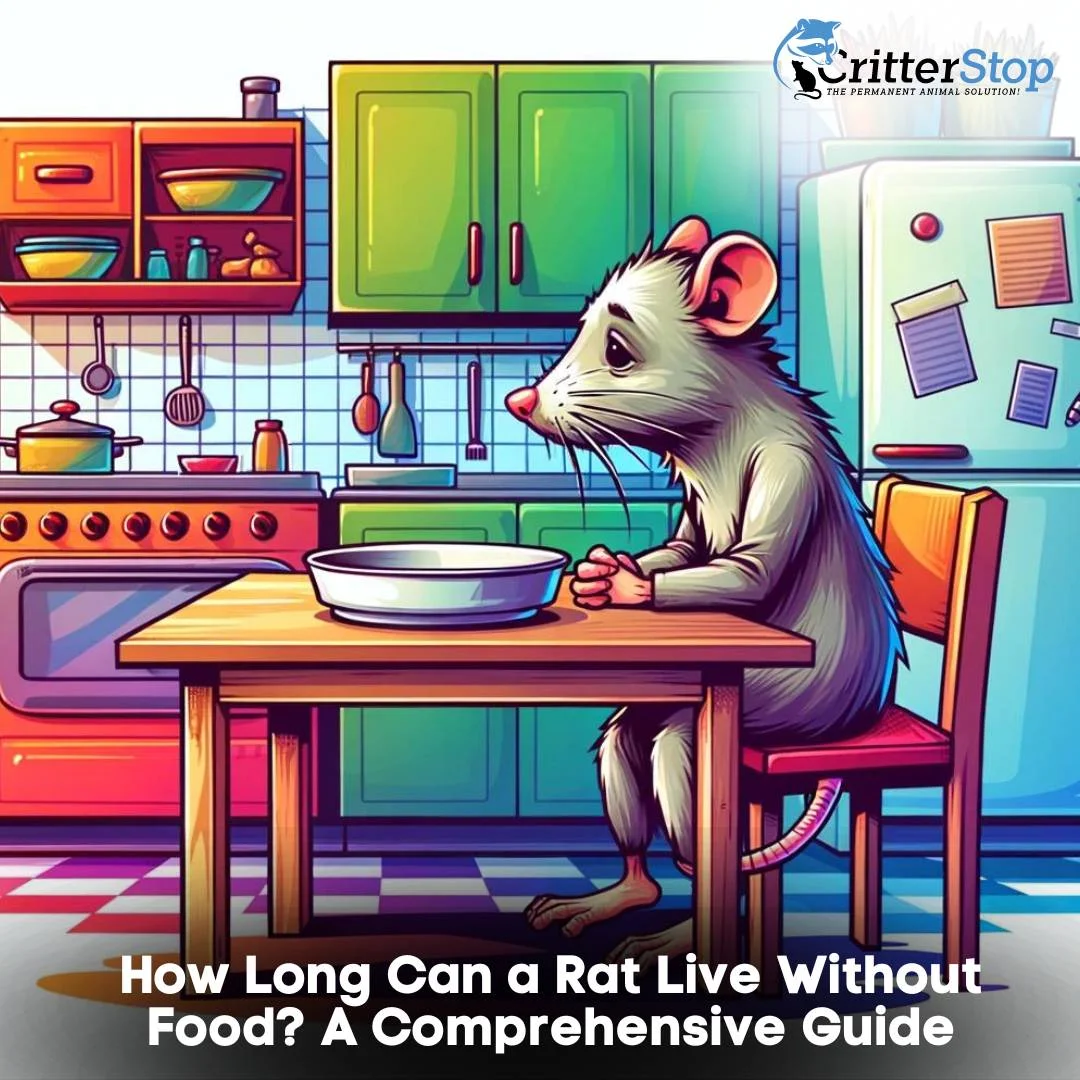
Known for their abilities to survive in multiple and various environments, Rats are very intriguing animals, since we can ask ourselves how long can a rat live without food and water? Subject that has been in research for many, many years, and scientists have come up with some interesting findings.
According to research, rats can survive without food for up to two weeks. However, this is dependent on various factors such as the age and health of the rat, as well as the availability of water. Rats that are younger and healthier are more likely to survive longer without food than older or sickly rats. Additionally, rats that have access to water are more likely to survive longer than those without water, so how long can a rat survive without water?
The ability of rats to survive without food for an extended period is due to their unique physiological adaptations. Rats have a slow metabolic rate, meaning that breakdown food slowly, so they don’t require that much on their bodies. Additionally, they can store food in their bodies in the form of fat, which they can use as an energy source during long periods of food scarcity. These adaptations enable rats to survive in environments where food is scarce, making them one of the most adaptable animals in the world.
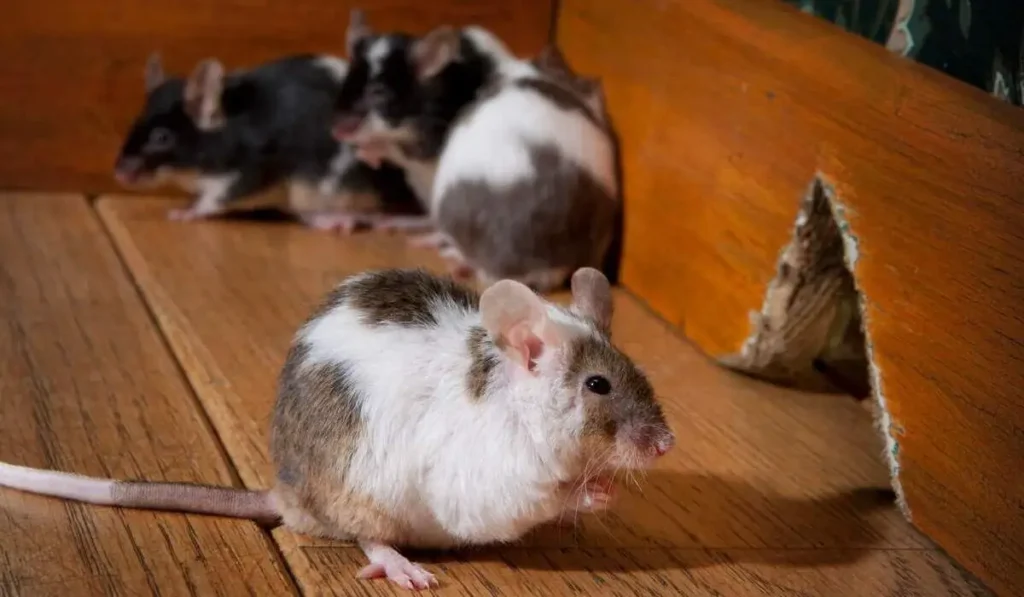
Known for their ability to survive in multiple environments without food, Rats can survive long periods of time with limited access to food. However, just how long can a rat survive without food? Or can you starve rats out?
The length of time a rat can survive without food depends on various factors, including age, health, and environmental conditions. Younger and healthier rats may be able to survive longer periods without food compared to older or sickly rats. Also consider that climate is another factor that affect how they survive, since temperature and humidity impact a rat's ability to survive without food.
On average, a rat can survive without food for up to a week. However, this is assuming that the rat has access to water to prevent dehydration. Without water, a rat's survival time decreases significantly.
In the wild, rats have access to various food sources, making it easier for them to survive without food for extended periods. However, the length of time a rat can survive without food in the wild depends on the availability of food and water sources. In some cases, rats have been known to survive for several weeks without food in the wild.
Overall, rats have the chance to live without any food source for a very long time, but access to water is crucial for their survival. It is important to note that starving a rat intentionally is not a humane or ethical practice and should be avoided.
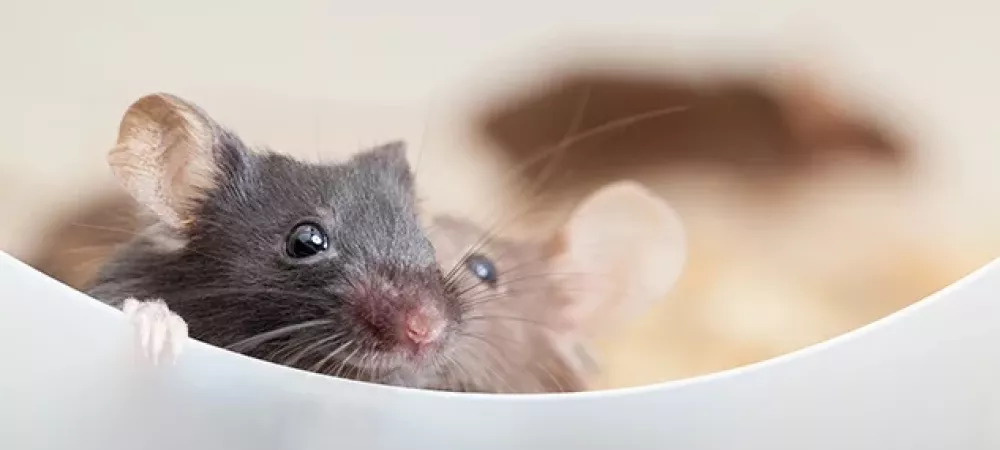
Rats are omnivorous rodents that can survive on a wide variety of foods. They are known to eat almost anything that humans eat and are often found scavenging in trash cans and dumpsters.Though normally they’re not exclusive to human food waste since they are also capable of hunting and foraging for their own food.
Rats are known to eat a variety of foods, including grains, fruits, vegetables, nuts, seeds, and meat. They are also known to eat insects, small animals, and even carrion. While in areas that are more urban, they tend to feed themselves with garbage and food waste that humans leave behind. In rural areas, rats may feed on crops and other plant matter.
It is important to note that rats have a preference for high-fat and high-carbohydrate foods. This is because these foods provide them with the energy they need to survive. However, rats also need a balanced diet that includes protein, vitamins, and minerals.
Eating a balanced diet is important for rats, as it helps to keep them healthy and strong. Rats that do not receive a balanced diet may become malnourished, which can lead to a variety of health problems. Malnourished rats may have weakened immune systems, which can make them more susceptible to diseases and infections.
In addition to providing rats with the nutrients they need to survive, a balanced diet can also help to control rat populations. If rats have access to a consistent source of food, they are more likely to breed and reproduce. However, if their food source is limited or inconsistent, their population growth may be slowed or even halted.
Overall, it is important to understand what rats eat in order to effectively control their populations. While rats can survive on a wide variety of foods, a balanced diet is essential for their health and well-being.
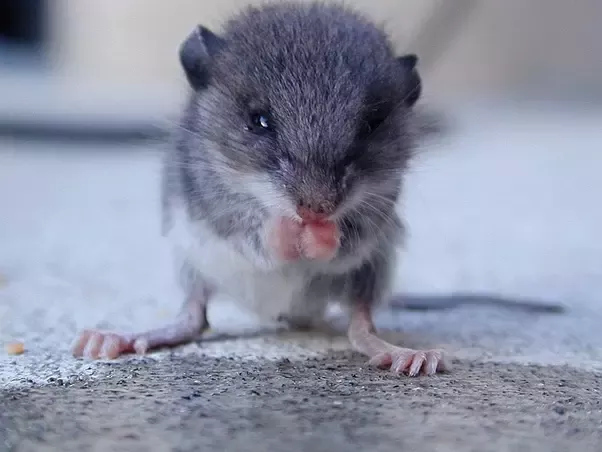
As we’ve read previously Rats are capable of living long and surviving very harsh conditions and environments. However, when a rat does not receive enough food, it can have serious consequences on their physical and behavioral health.
When a rat is not receiving enough food, it can lead to significant weight loss and undernourishment. This can cause the rat to become weak and lethargic. Additionally, the rat's immune system may become compromised, making it more susceptible to diseases and infections.
If a rat goes with no food or water for a long time, they will experience organ failure. This can lead to a slow and painful death.
In addition to physical effects, malnutrition can also have significant impacts on a rat's behavior. A rat that is not receiving enough food may become more aggressive or irritable. It may also become more anxious and less social.
In some cases, rats may also resort to cannibalism when there is a lack of food available. This behavior is more commonly seen in wild rats, but it can also occur in domestic rats.
Overall, it is important to ensure that rats are receiving enough food to maintain their health and well-being. If rats are living in an attic or other enclosed space, it is important to remove any potential food sources to discourage them from staying in the area. Additionally, if a rat is underweight or showing signs of malnutrition, it should be taken to a veterinarian for evaluation.
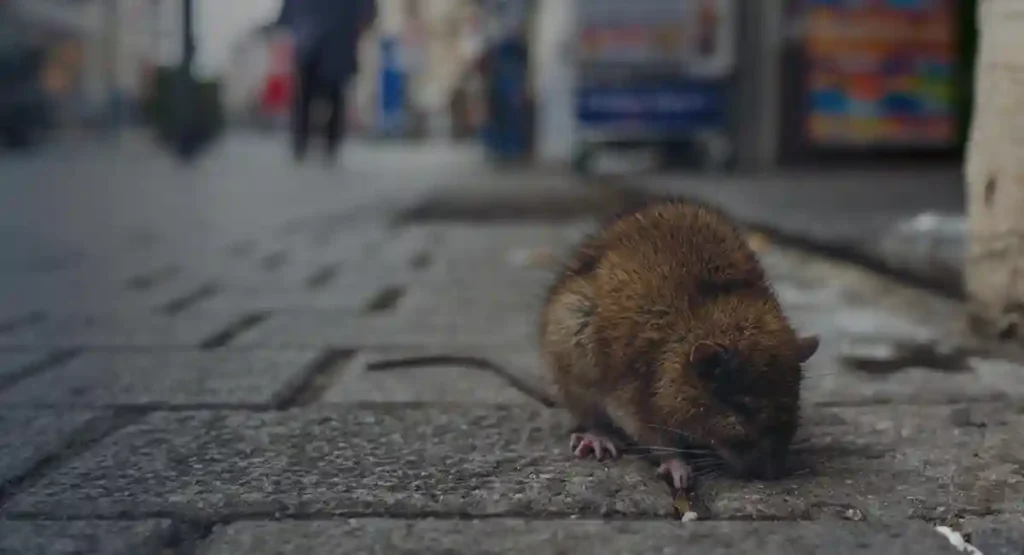
Rats are omnivorous animals, meaning they can eat both plants and animals. Their diet consists of grains, fruits, vegetables, nuts, seeds, various small animals and insects too. They are also known to scavenge for food in garbage cans and dumpsters.
Rats have a fast metabolism and require a constant source of food to survive. They have a high reproductive rate, and their population can quickly increase if there is a sufficient food supply.
Rats can survive for up to two weeks without food, but this is not recommended for their overall health. If a rat is underweight or sick, it may not survive as long without food.
If a rat is trapped in an attic or other confined space without access to food, it may not survive as long as a wild rat that has access to food sources.
It is important to keep food sources sealed and inaccessible to rats to prevent infestations. If a rat infestation is suspected, it is recommended to contact a pest control professional to safely and effectively remove the rats.
Overall, while rats can survive for a long time without food, maintaining and providing them a healthy diet will ensure their well-being.
In the wild, rats typically have a lifespan of around one to two years. However, this can vary depending on the species of rat and their living conditions.
Rats can only survive for a few days without access to water. They will become dehydrated and weak, and eventually die if they do not get enough water.
Rats can survive for several days to a week without food in a domestic environment. However, this can vary depending on the individual rat's health and age, as well as the availability of water.
If a rat ingests poison, their lifespan will be significantly shortened. However this will depend on the amount they have left to live and also the amount of poison they have ingested and which type too, as well as the rat's size and health.
Infant rats are more vulnerable than adult rats and require more frequent feedings. They can only survive for a few days without nourishment, whereas adult rats can survive for several days without food.
Being an opportunistic feeder, rats are known to eat a variety of unconventional sources, including wood. However, they cannot survive on wood alone and require eating multiple sources of food to maintain a long and healthy life.
Rats scare you lots? Don't worry at Critter Stop, we can assist you to help them get to safety and not disturb your home and dreams, Contact Us or Call us at: (214) 234-2616 so one of our team members can gladly assist you and provide you with the proper consultation.
Visit our Critter Library and learn more about our furry friends